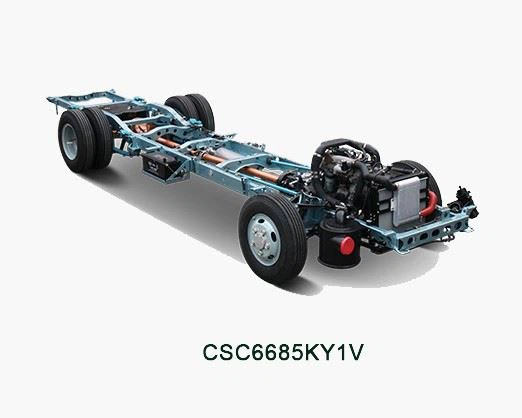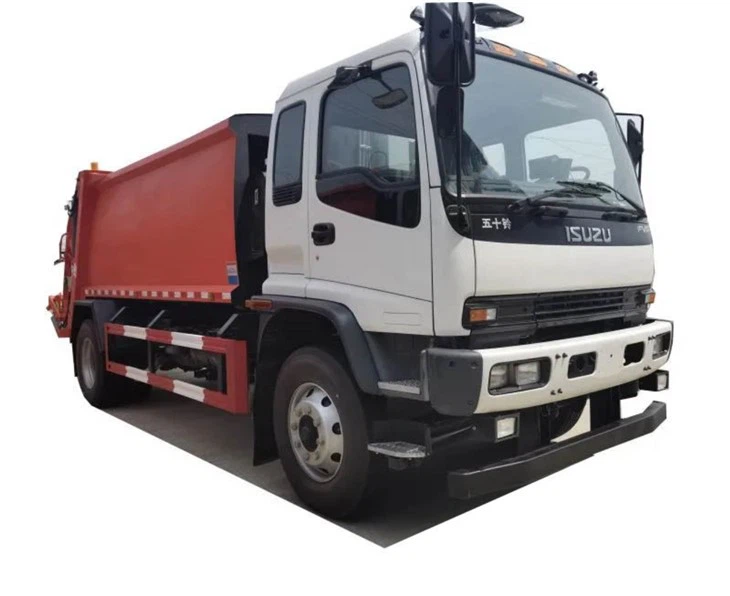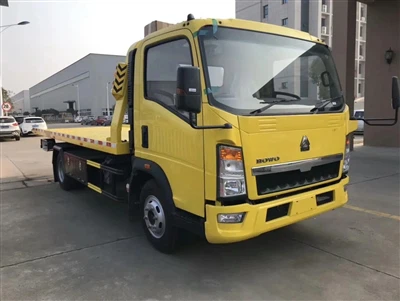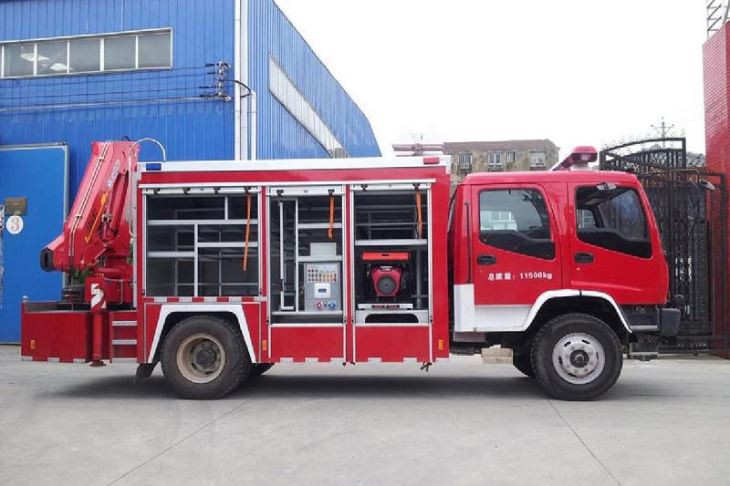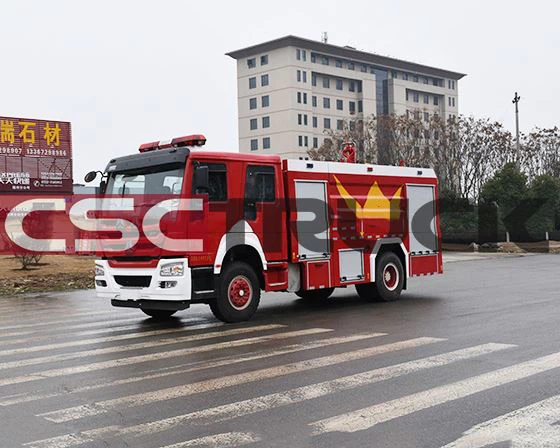Truck containers are vital in the logistics and transportation industry, playing a significant role in the movement of goods worldwide. Such containers enable businesses to transport various items, ensuring they arrive safely and promptly. This article delves into the intricate world of truck containers, exploring their types, benefits, and how they enhance supply chain efficiency.
What is a Truck Container?
A truck container, often referred to as a shipping or freight container, is a robust and standardized box used for transporting cargo on trucks, freight trains, or ships. These containers are designed to withstand the rigors of travel while protecting the cargo from damage during transit.
History of Truck Containers
The concept of standardized containers originated in the mid-20th century, revolutionizing shipping and logistics. The introduction of the intermodal shipping container allowed for easy transfer between different modes of transport, leading to increased efficiency in moving goods across vast distances.
Types of Truck Containers
Truck containers come in various shapes and sizes, serving different purposes. Here are some common types:
1. Standard Dry Containers
These are the most commonly used containers for general cargo. They are weatherproof and designed to carry dry goods, making them suitable for a vast range of products.
2. Refrigerated Containers (Reefers)
Reefers are specialized containers equipped with temperature control systems, making them ideal for transporting perishable items like food and pharmaceuticals.
3. Open Top Containers
Open top containers are designed for oversized cargo that cannot be easily loaded through the standard doors. They feature a removable tarpaulin cover for protection.
4. Flat Rack Containers
These containers are used for heavy and bulky items. Flat racks can handle cargo that needs to be secured from the sides and can be stacked.
5. High Cube Containers
High cube containers provide extra vertical space, making them great for lightweight cargo that needs more room but isn’t particularly heavy.
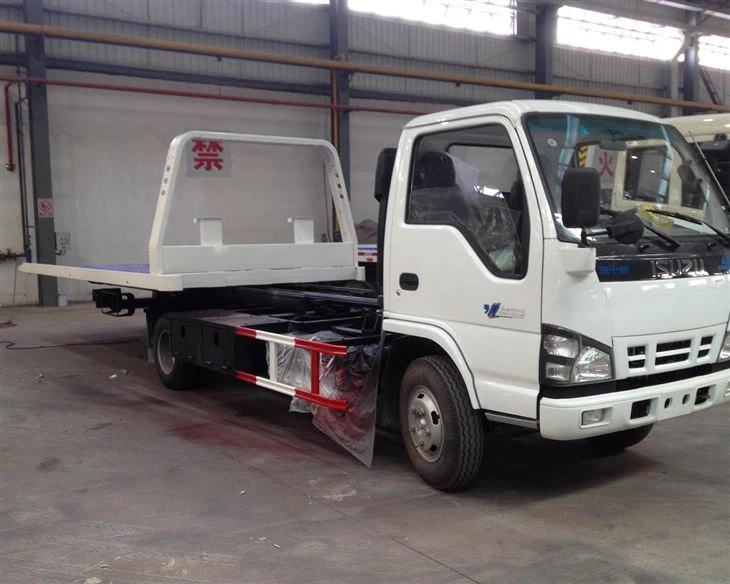
Benefits of Using Truck Containers
Truck containers offer numerous advantages that make them indispensable in the logistics field:
1. Enhanced Security
Containers are built to withstand external factors, securing cargo from theft and tampering. They provide an additional layer of safety for businesses transporting valuable goods.
2. Efficient Loading and Unloading
Standardized dimensions streamline the loading and unloading process, making it quicker and reducing labor costs.
3. Versatility
With various types available, truck containers cater to different goods, making them versatile for various industries, including logistics, agriculture, and manufacturing.
4. Cost-Effective Shipping
Using standardized containers allows for bulk shipping, reducing overall transportation costs and improving profitability for businesses.
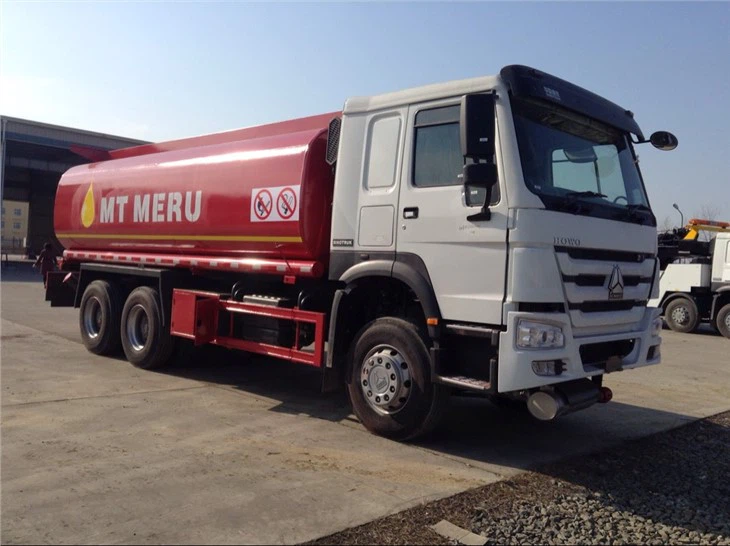
5. Environmental Benefits
Utilizing truck containers can lead to reduced carbon footprints due to optimized loading and transportation processes.
How to Choose the Right Truck Container
Selecting the appropriate container depends on several factors. Here are key considerations to help you make the right choice:
1. Type of Cargo
Identify the nature of goods you are transporting. For perishables, a refrigerated container is best, while heavy machinery may require a flat rack.
2. Volume of Goods
Assess the volume of your cargo. Use space efficiently by choosing the right size of the container to avoid paying for unused space.
3. Duration of Transport
For longer transportation times, consider containers that protect against weather conditions and ensure the integrity of the cargo.
4. Destination
Understand the destination’s infrastructure. Some areas may not accommodate large containers, making smaller or specialized types more suitable.
5. Regulatory Compliance
Familiarize yourself with import/export regulations regarding container types in the destination country, as each may have specific rules to adhere to.
Preparing Cargo for Truck Containers
Ensuring your cargo is properly prepared for transport is essential. Here are practical tips:
1. Use Quality Packaging
Invest in reliable packaging materials to protect your goods. This is particularly crucial for fragile items.
2. Label Your Cargo
Clearly label each item and the container itself to facilitate easy identification during transit and unloading.
3. Optimize Space
Maximize container space by stowing cargo strategically, securing items to prevent shifting, and utilizing every available inch.
4. Conduct a Weight Check
Overloading containers can lead to road damage and legal issues. Ensure that your container is within the legal weight limits before transport.
The Future of Truck Containers
As technology advances, the future of truck containers looks promising:
1. Smart Containers
Containers with IoT technology will provide real-time tracking, environmental monitoring, and increased security features.
2. Sustainable Practices
With growing environmental concerns, there is a trend towards using sustainable materials and practices in container manufacturing and shipping.
3. Automation
Automation in loading and unloading processes will increase efficiency and reduce labor costs, reshaping logistics operations worldwide.
Cost Factors for Truck Containers
Understanding the costs associated with truck containers is crucial for budgeting transport:
1. Purchase or Rental Costs
Decide between purchasing or renting a container based on your transport frequency. Rentals may suit businesses with one-time transport needs.
2. Transportation Fees
Consider all transportation fees, including fuel, labor, and potential tolls, when calculating overall shipping expenses.
3. Insurance Costs
Insuring your cargo and container is essential for risk management. Factor in insurance costs as part of your budget.
FAQs About Truck Containers
1. What is the standard size of a truck container?
The most common size for a shipping container is 20 feet long, while a high cube variant extends to 40 feet and offers additional height.
2. How do I know what type of truck container I need?
Identify the nature and volume of your items, and choose a container type accordingly—consider special requirements like refrigeration or securing for over-dimensional items.
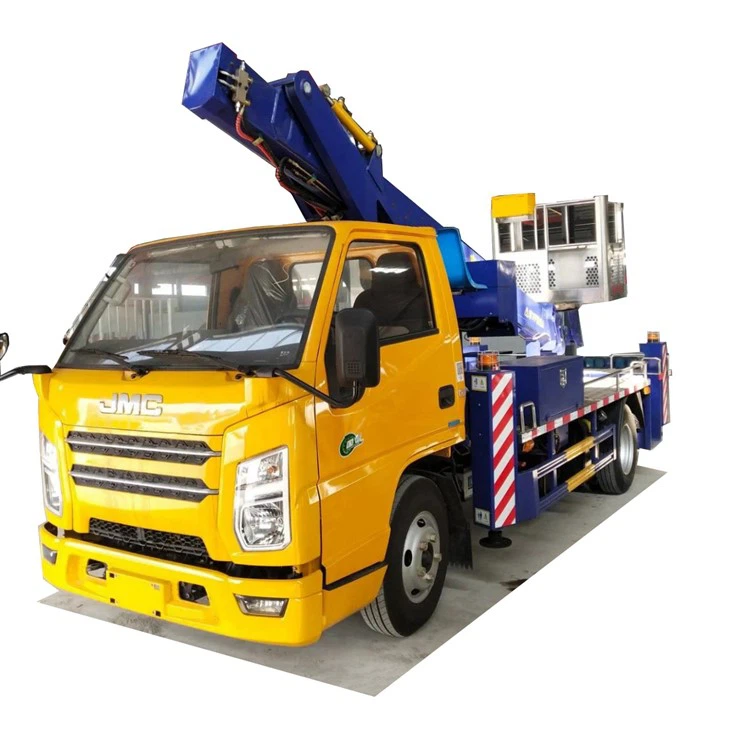
3. Can I stack containers on trucks?
Yes, many trucks are equipped for stacking containers, which maximizes space and efficiency during transport.
4. What safety measures should I take when using truck containers?
Always ensure containers are sealed correctly, conduct pre-transport inspections, and incorporate monitoring devices for high-value or sensitive cargo.
5. Are there environmental regulations regarding truck containers?
Yes, various regulations exist that pertain to emissions and waste management associated with shipping and transporting containers, which vary by region.
6. Can I modify a shipping container for personal use?
Absolutely! Many people modify truck containers for personal storage, living spaces, or even businesses, provided local zoning regulations are followed.
Conclusion
Truck containers serve as the backbone of modern logistics and transportation, offering numerous benefits and versatility across various industries. By understanding their types, advantages, and future trends, businesses can optimize their supply chain processes, ensuring the safe and efficient delivery of goods worldwide.
